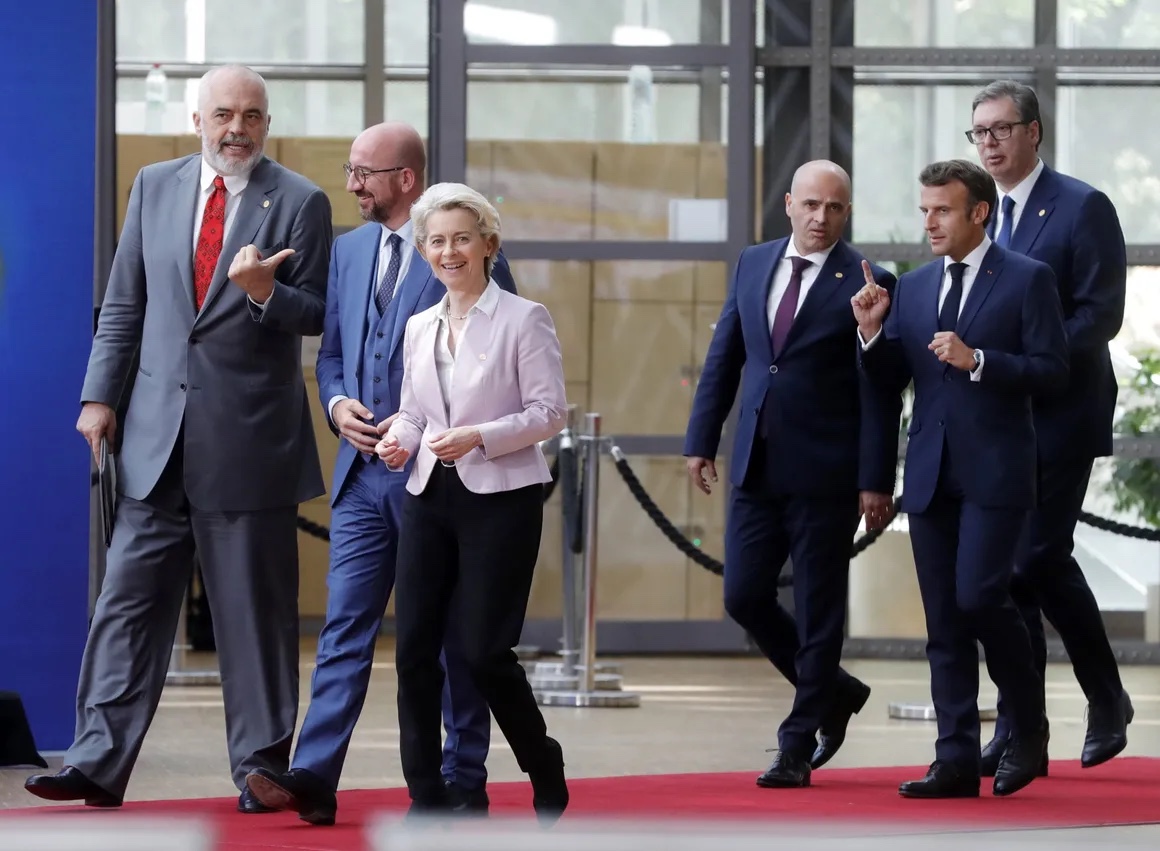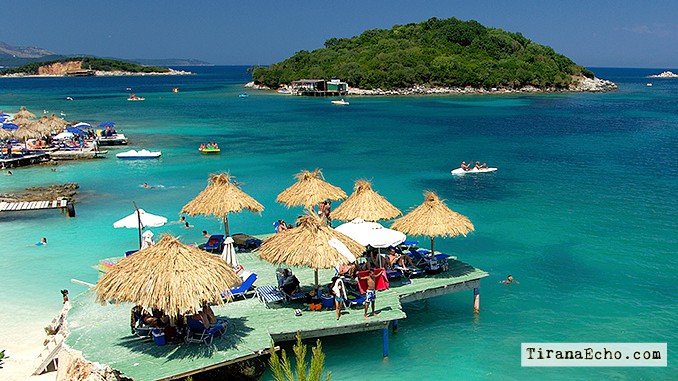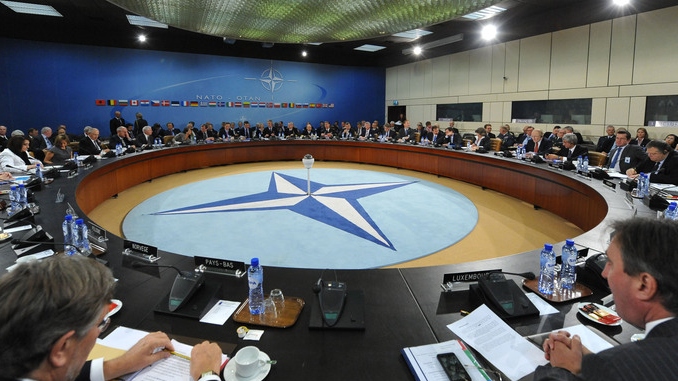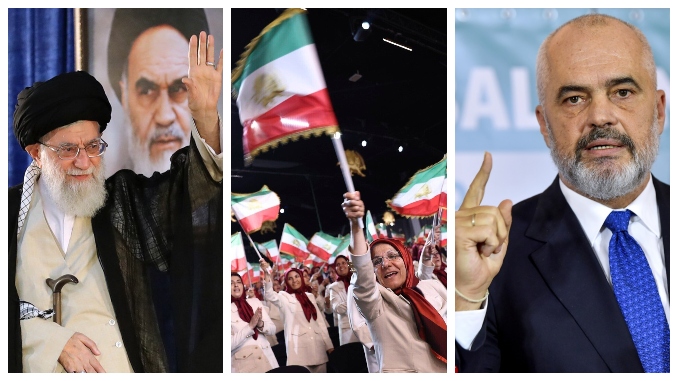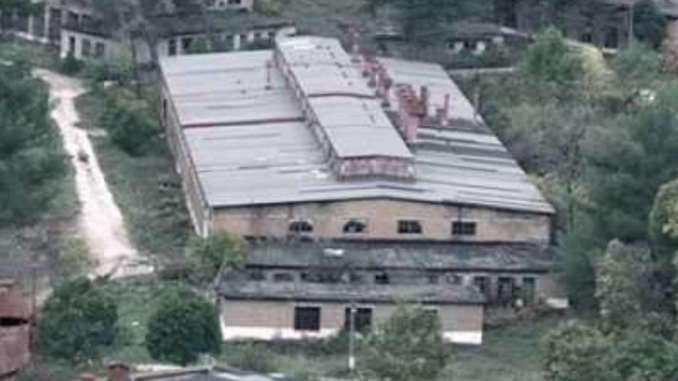Macedonia: Freeing the Captured State
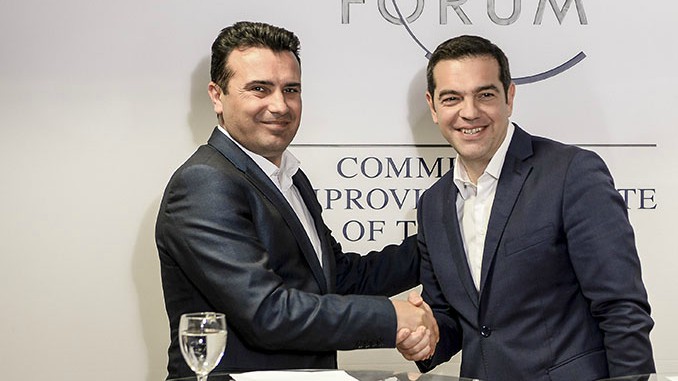
The most promising chance for a democratic breakthrough in Europe today is in Macedonia according to the latest annual “Nations in Transit’ Report by US based group Freedom House.
Although the country is small, the opportunity is big: Success in Macedonia would mean breaking up a decade of state capture and peacefully resolving bilateral disputes that have held back political and economic progress in the region. In Nations in Transit 2018, Macedonia recorded its first score improvements since 2010, ending seven straight years of decline.
The prospects for such a breakthrough looked bleak as recently as April 2017. Macedonia had been deadlocked since 2014, when the opposition began boycotting the parliament over allegations of corruption and violence by the ruling Internal Macedonian Revolutionary Organization–Democratic Party for Macedonian National Unity (VMRO-DPMNE). In February 2015, the opposition Social Democratic Union of Macedonia (SDSM) began releasing wiretap recordings that showed government officials engaged in grave crimes: election rigging, bribery, covering up murder, and corrupting judicial processes, among others.
The “bombs,” as the leaked recordings became known, resulted in huge protests that led to EU mediation beginning in summer 2015. The mediation process produced a Special Prosecutor’s Office (SJO) tasked with investigating the crimes revealed in the wiretaps, and a road map to early elections with a series of reforms intended to ensure their fairness.
Elections were delayed repeatedly, however, because the VMRO-DPMNE obstructed reforms affecting the media, the judiciary, and the electoral system, while also hampering the SJO’s investigations through its control of the courts and the Interior Ministry, and with the help of the VMRO-DPMNE-aligned president, Gjorge Ivanov.
When they were finally held in December 2016, the elections produced a near-tie between the VMRO-DPMNE and the SDSM. But because the VMRO-DPMNE had increasingly run on a Macedonian nationalist platform, parties representing the country’s large ethnic Albanian minority refused to join it in a governing coalition as they had done before. After several months, the SDSM reached its own coalition agreement with Albanian parties.
In April 2017, the president refused to give this coalition a mandate to form a government. When it tried to elect a speaker of parliament as a kind of end-run around the president’s obstruction, the VMRO-DPMNE mobilized a nationalist mob that stormed the parliament and physically attacked journalists and lawmakers, including the leader of the SDSM, Zoran Zaev. Police officers still under the authority of the VMRO-DPMNE’s Interior Ministry stood aside during the assault. Despite the attack, at the end of May the SDSM formed a government with its coalition partners. In October, the SDSM and its allies routed the VMRO-DPMNE in local elections.
The new government is strongly committed to breaking up the state capture that VMRO-DPMNE had accomplished. The VMRO-DPMNE for its part is fighting a last-ditch battle to keep its top officials out of jail by obstructing the work of the parliament and trying to rile up Macedonian nationalist sentiment. It failed to prevent a government from forming, but the ongoing name dispute with Greece and concessions that the SDSM made to ethnic Albanian parties in order to form the ruling coalition give the VMRO-DPMNE an opportunity to appeal to Macedonian nationalists.
The first key to success for the SDSM-led coalition is to resolve the name dispute with Greece, which would unlock the path to EU and NATO membership and provide a tremendous international boost to the government. While the EU has been very supportive of the government, its hands are tied until Greece drops its objections to officially opening the accession process. The Macedonian government is making a hard push for a resolution, and the Greek government has reciprocated with a number of positive statements.
If the name dispute is resolved, then the hard work begins. Breaking down the VMRO-DPMNE’s many years of investment in patronage networks will be difficult for the new coalition—and doing so without engaging in abuses of its own will be even harder. At this moment, the new government deserves strong support from the United States and the EU, including pressure on Greece to resolve the name dispute and commitments to assist with the painful process of rolling back state capture.
Source: Freedom House

